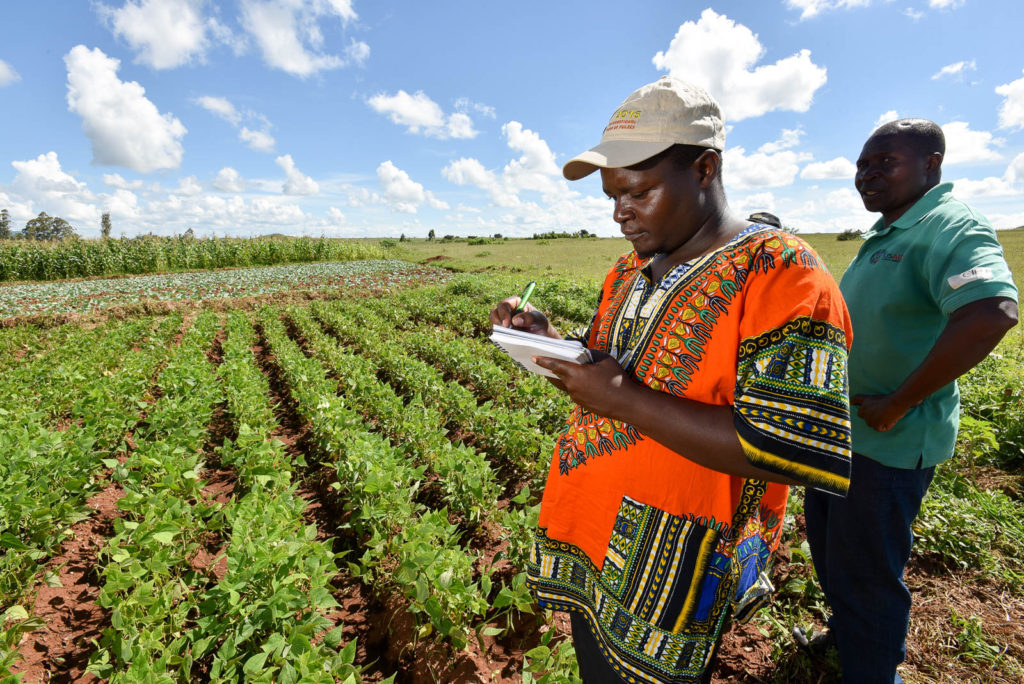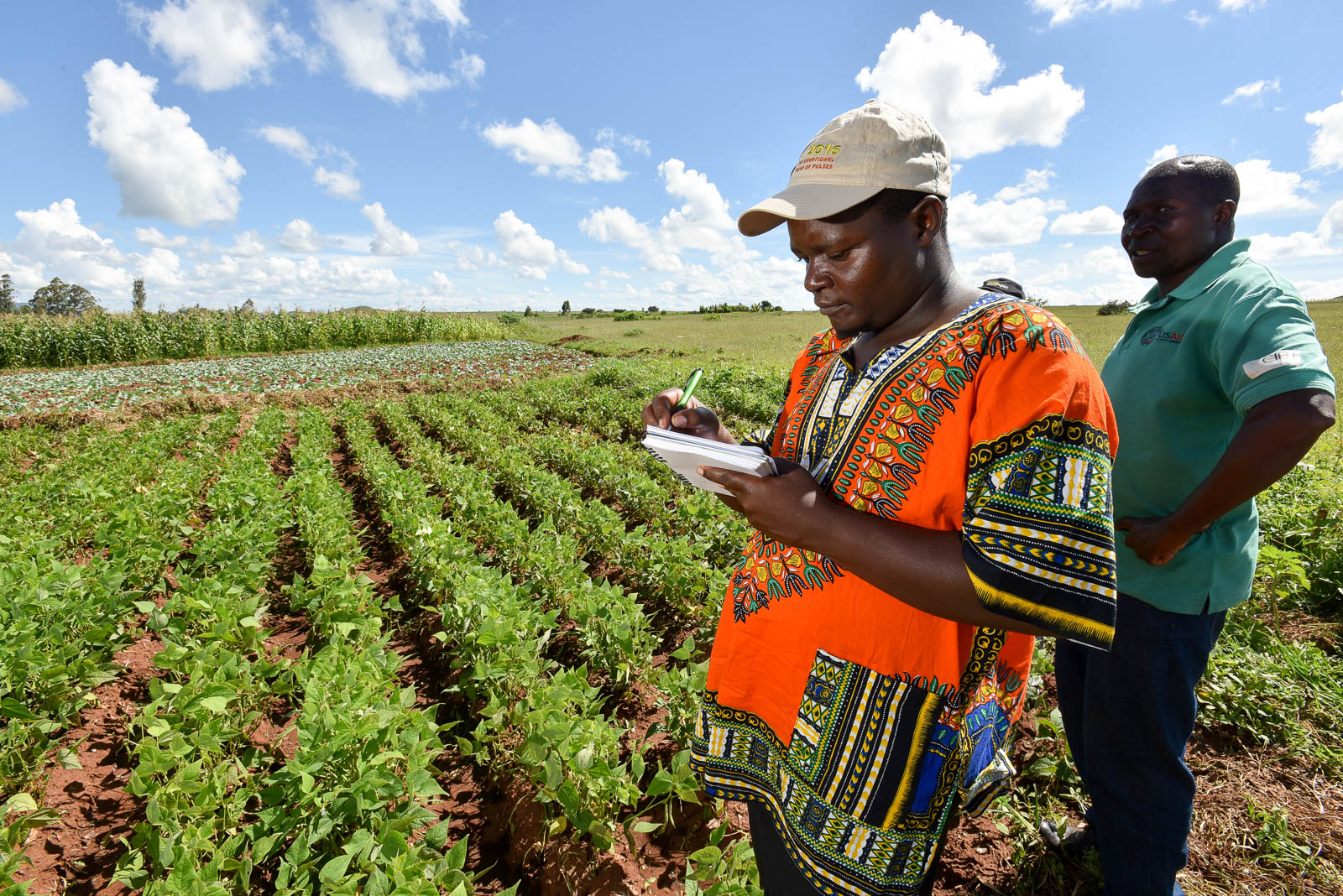Vision
To facilitate Africa’s seed sector development efforts, including the development of a farmer-centered seed system, through the provision of supportive policy guidelines, advocacy, knowledge and capacity building.
Core Functions of AfricaSeeds
AfricaSeeds will contribute to the overall development effort of the seed sector through:
policy advocacy and provision of technical support for policy reforms and development;
- knowledge creation and sharing;
- advocacy and counselling;
- capacity building;
- coordination of seed programs;
- implementation of ASBP;
- partnership development;
which will lead to the achievement of agricultural transformation, food and nutrition security, poverty alleviation and creation of wealth on the continent.
AfricaSeeds’ Overall Agenda for Africa’s Seed Sector Development for Sustainable Agriculture Growth and Transformation
AfricaSeeds recognizes the following agenda which summarizes the key areas of required intervention, to be addressed by all partners, which will enhance the critical role of seeds in African agriculture growth and transformation.
A rapid development and growth in seed enterprises in which small and medium scale seed entities are prioritized with demand-driven marketing arrangements which efficiently and profitably assure farmers of continuous access to quality seeds adapted to their farming areas.
Development of a facilitatory regime of policy and regulatory processes at national, regional and continental levels which will ensure the right technical, operational and investment climate and provide the required basis for actions by governments, farmers, private sector enterprises, civil society organizations and other stakeholders in the short, medium and long term.
Adoption of a corrective program of expanding the benefits of modern crop improvement to the large number of traditional and minor crops which have hitherto been sidelined by research and the seed companies; in line with this, interventions are required to widen the seed industry portfolio and incorporate several key seed types of vegetatively propagated crops, indigenous and traditional vegetable crops, tree crops and minor cereals; and further enhance the contributions of the informal seed sector through the introduction of variety improvement and quality assurance into the sector.
Ensuring a holistic coordination and monitoring of all seed sector efforts with a view to enhancing collaboration by all stakeholders, deploying public-private partnership strategies, eliminating duplications, assessing possible gaps and facilitating the actions required to address the gaps as well as taking advantage of emerging opportunities. Establishment of credible targets and benchmarks as well as progress measurement indicators linked to the Comprehensive African Agriculture Development Program (CAADP) Results Framework will be important aspects of coordination.
The above agenda will need to be implemented through a strategic sharing of roles among seed sector development partners, under a purpose-built coordination system, and supported by a continental seed sector development financing mechanism.
Priority Areas for AfricaSeeds’ Actions
To the wide range of areas that AfricaSeeds and various seed sector actors are already engaged, AfricaSeeds will add further and innovative contributions from the following areas for which it is most prepared.
- Assistance to Member States in the development and adoption of seed policies and regulations (national, regional and continental).
- Integration of the seed systems, including the embracing and facilitation of the informal seed sector.
- Development of a comprehensive seed database of knowledge and statistics (to address information needs of all stakeholders in the seed sector).
- Development of relevant skills and expertise for seed sector development.
- Seed industry entrepreneurship and investment programs including for youth and women.

AfricaSeeds objective is to facilitate Africa’s seed sector development efforts, including the development of a farmer-centered seed system, through the provision of supportive policy guidelines, advocacy, knowledge and capacity building.
